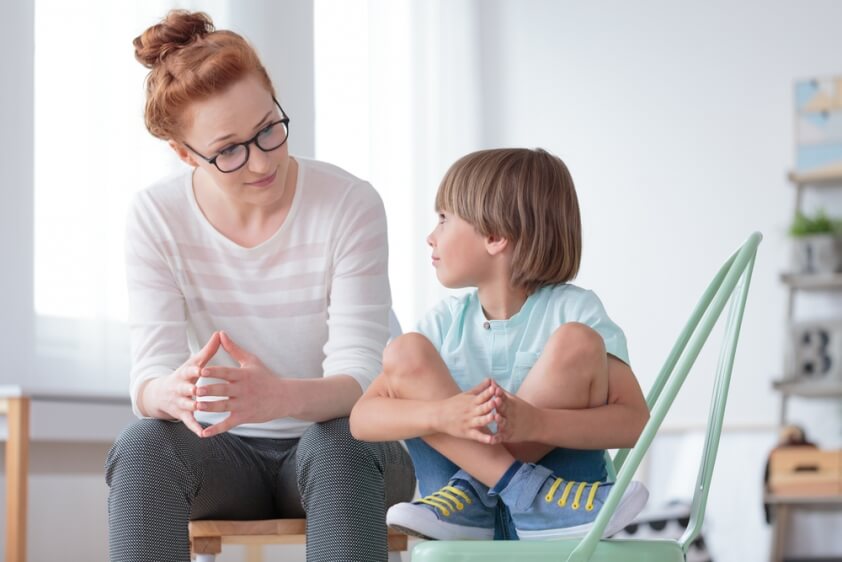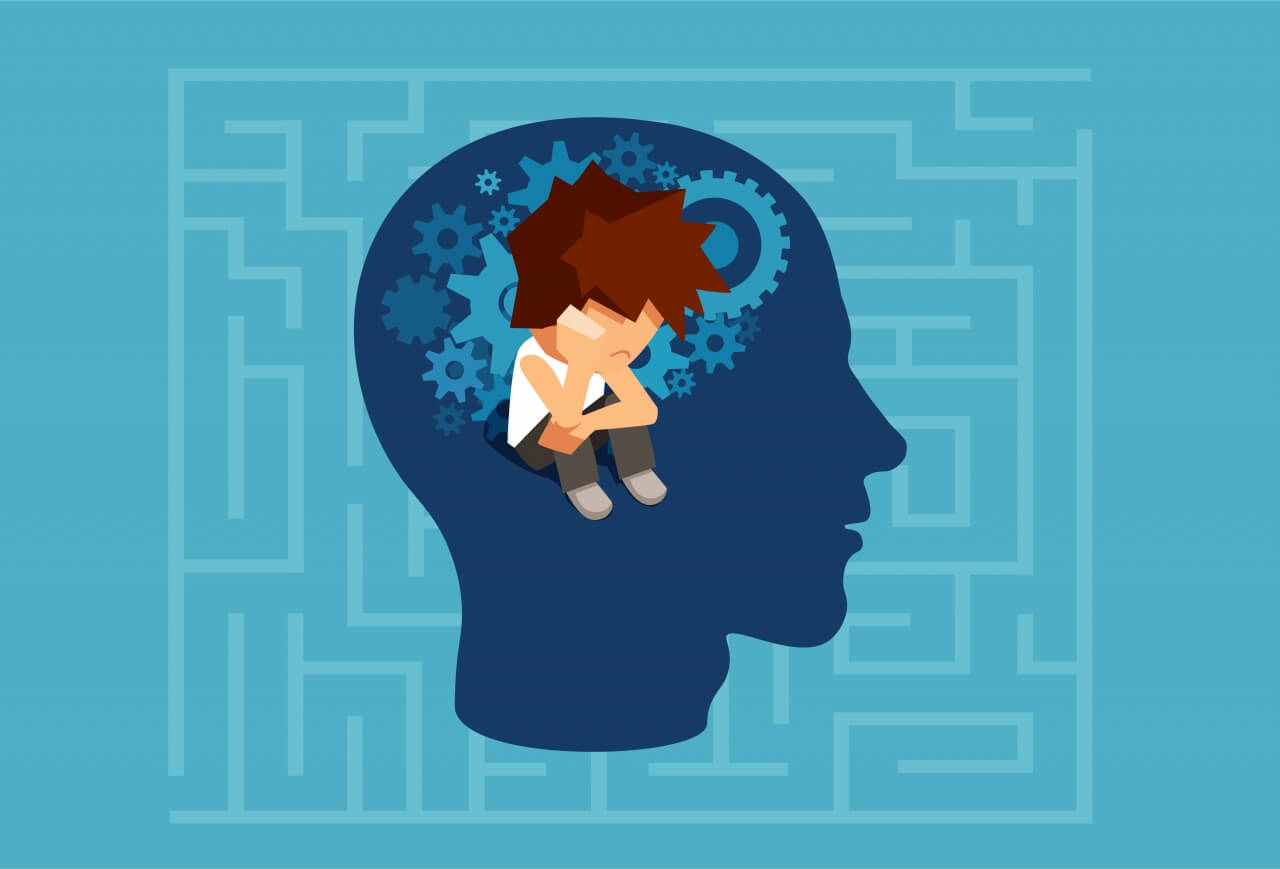Getting psychological support: What you need to know to get started

Someone suggested to you that your child should see a psychologist. Maybe it was your doctor or your paediatrician or the school teacher recommended it. Perhaps you feel that your child could benefit from speaking to someone.
Before committing to regular therapy, it is reasonable to have many questions about seeing a psychologist. How does it all work? Will my child benefit from therapy or an assessment?
If you are wondering how to go about getting psychological support started, here are some common questions asked by families with answers to help you with the process:
Q: Is psychological therapy covered by Medicare? What is a Mental Health Care Plan? Will this fully cover the fees for the session?
A: As long as your child has access to Medicare, your child may be eligible to 10 subsidised sessions per calendar year. You will need to visit your general practitioner (GP) to discuss your concerns to obtain a Mental Health Care Plan (MHCP) for your child. This will allow you to obtain a rebate for subsequent sessions.
With the MHCP, it should be noted that:
- At ACPC Psychology, Medicare will not cover the full cost of the session. Payment will be required on the day of the appointment, then you can obtain a rebate from Medicare afterwards to cover roughly half the cost of the session.
- You will not be able to use all 10 sessions in a row. The GP will usually approve up to 6 therapy sessions (the first appointment, will count towards this total) before you need to visit them for a review. They will then approve the remaining sessions if further therapy is needed.
- If you were advised or may be keen for your child to undergo comprehensive assessments, the cost of assessments is not covered by Medicare. This includes cognitive tests, learning assessments or autism-specific assessments. For further information on assessments, please click here.
Alternatively, your health care fund may cover for psychological therapy depending on your policy and insurer. You will however need to check with your health fund.
If your child has been approved for funding under the National Disability Insurance Scheme (NDIS), or may be eligible for NDIS, then your child's sessions may be covered for therapy or assessments depending on your child’s plan and how the plan is funded. For further information, please click here.
Q: How many therapy sessions will my child need? How frequent will the sessions be?
A: The number of sessions required will differ from individual to individual. For example, it can depend on:
- The specific concerns of the child (e.g. low mood, anxiety, social difficulties, etc.)
- The severity of the child’s presentation
- Whether the sessions are more child-centred (e.g. learning new skills) or parent-focused (e.g. behavioural/ emotional regulation management/ training)
- How often skills and strategies are practised and implemented outside of therapy
- The established rapport between the child and the clinician
With regards to session frequency, therapy may range from weekly for more severe and complex presentations, fortnightly to monthly sessions for children with milder symptoms or with ongoing need for therapy. Regular therapy is generally recommended as consistency often helps with learning new skills and strategies as well as monitoring.
Q: My child is not cooperating and refuses to see a psychologist. What should I do?
Seeing a psychologist for the first time can be an anxiety provoking experience for some children (and families). They may not be familiar with what a psychologist does, or believe it is like visiting a doctor. As such, it can be helpful to clarify what the sessions will be like and 'normalise' what is means to see a psychologist. Tell them “Psychologists help you with your feelings” or “They’re someone who you can talk to about your problems” and that "They help many kids with similar difficulties". For younger children, it is not uncommon for the parent/ caregiver to usually be in the room together with the psychologist as sessions often entail working both with the parent/ caregiver and the child.
For children and particularly adolescents who may be non-compliant or refuse to come in, it is usually recommended that they are informed in the decision making of seeing a psychologist and that that decision is made in a 'collaborative manner'. For the efficacy of learning new skills, the child’s motivation and the quality of the therapeutic relationship between child and clinician is often crucial, as it determines how the child responds to the direction and tools provided by the psychologist.
In order to achieve positive outcomes, it is important that the parent/ caregivers are involved in the treatment and therapy process, especially in the cases of young children, whereby the child may have difficulties in regulation, sustained attention and retention of tools discussed, or if there are home based problems that require parental involvement in order to find solutions to problems. This is however usually guided by the psychologist and the treatment goals established between the caregivers and the psychologist.
When working with children and teens, psychologists at ACPC usually offer parent/caregiver-only sessions. This may involve building awareness of the child's difficulties or in some cases their child's 'diagnosis'. It can also entail discussing parenting strategies to manage their children’s behaviour, learning how to respond to their children’s feelings and building skills around emotional coaching and regulation management. After all, it is not always the child that needs to work on some skills building!
In summary, therapy requires a ‘team effort’ and supports offered to both the child and the parent/caregivers is essential. Accessing therapy and services can feel daunting in the beginning, however with the right direction and with quality based delivery of evidence based strategies, the results are usually worth it!
Written by: Jacky Au, Registered Psychologist (Clinical Psychology Registrar) at ACPC Psychology.



